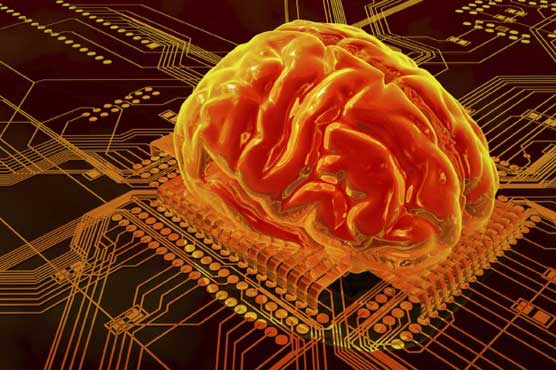Super-human brain sparks ethics debate

A British ethics group has launched a debate on the ethical dilemmas posed by new technologies.

A British ethics group has launched a debate on the ethical dilemmas posed by new technologies.